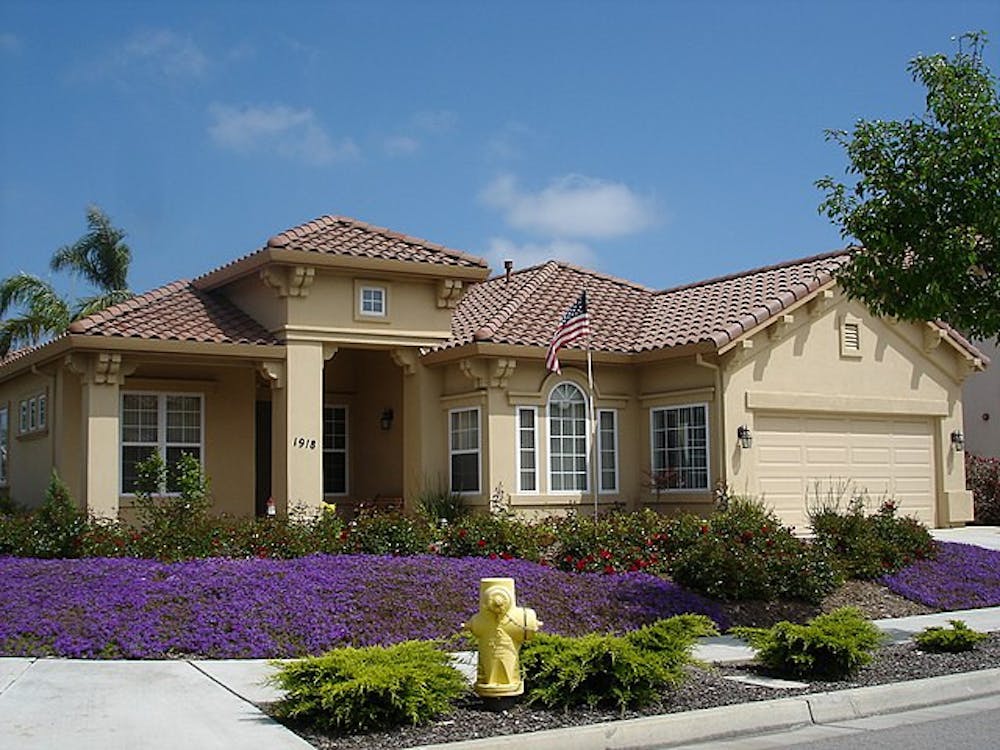On days when there are no renters next door, the Rochwaliks are able to enjoy their time in their backyard with their three horses and three dogs. When vacationers occupy the neighboring Airbnb, the owner of the short-term rental property requests that the dogs be kept inside.
Music, loud voices, and basketballs next door put their horses at risk of sleep deprivation.
Feet away from the Rochwaliks’ backyard in Cave Creek, there is a short-term vacation rental that is often occupied by what the Rochwaliks consider noisy visitors. Parties hosted through late hours of the evening frequently are disruptive.
According to AZRepublic, the League of Arizona Cities and Towns unanimously passed a proposal allowing local officials to limit the amount of short-term rentals in their area. This agreement will allow cities and towns to pressure state lawmakers to enact updated short-term rental regulations during legislative sessions. Cave Creek is a member of the League along with 91 other communities statewide.
New regulations will require a permitting and licensing system, which will ensure applicants for short-term rental permits meet specific standards before renting their properties, according to AZRepublic. Additionally, the city will be allowed to charge up to $3,500 for short-term rental property violations and suspend short-term rental permits if there are over three violations within 12 months.
Many long-time Phoenix residents have mixed feelings about these regulations. Many of them are not bothered by the short-term rental properties themselves, but rather want to see improved management of these properties.
Dan Irwin, the Business Development Specialist of Yonder Luxury Vacation Rentals, believes that short-term rental regulations will be beneficial for his company.
In addition to purchasing short-term rentals, Yonder Luxury Vacation Rentals assists short-term rental owners manage their properties.
“It’s kind of getting to the point where those spots are getting taken advantage of,” Irwin said of short-term rentals. “We almost look at this as a blessing in disguise in a way. It weeds out the unethical and absentee management or owners that aren’t taking the welfare of the neighborhood, the people, and the local communities to heart.”
Nico Rochwalik, said he does not support government restrictions on land usage, but would be in favor of modified quiet hours. During the spring and fall seasons, the house next door to the Rochwaliks is occupied by renters an average of three weekends per month.
Rochwalik said the house next door is often rented for bachelor parties. “Other short term rentals I’ve seen are not as noisy, so it all depends on how the house is marketed.”
Rochwalik said that if Cave Creek officials were to more strictly enforce short-term rental restrictions, it would quickly become difficult for anyone who wants to rent to short-term visitors to buy property in the area .
“Potentially, municipalities should look to zone certain pockets of the cities as designated for short-term, and others where they are not allowed, so people understand the risks when they purchase a house,” Rochwalik said.
Tricia Chase, who has lived in Tempe with her family for 12 years, said she lives near roughly four vacation rentals. She worries about the welfare of the neighborhood, however, she is not in favor of further restrictions for short-term vacation rentals.
Chase believes if rental owners and short-term renters take care of their properties, and there is adequate property management, then there should not be a problem with houses in Arizona neighborhoods being occupied by visitors.
“I think it’s beneficial because it allows us to have more tourists, but I also get why some people want things to be quiet,” Chase said. “I think it’s good for everybody to have people come in. Tourism is huge, and Phoenix, in general, has a lot of it. And it should be expected.”

